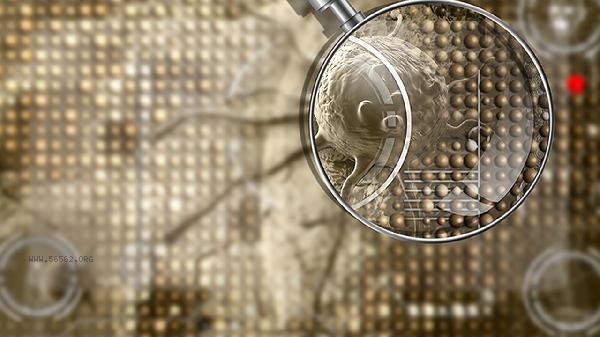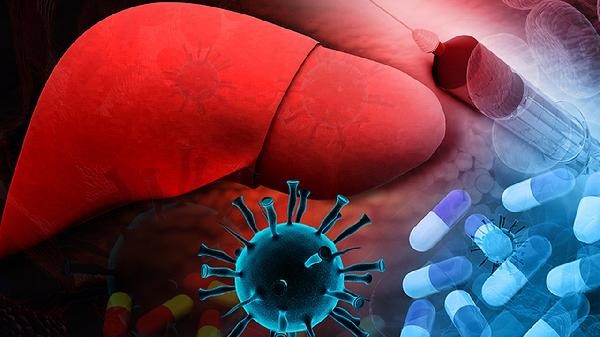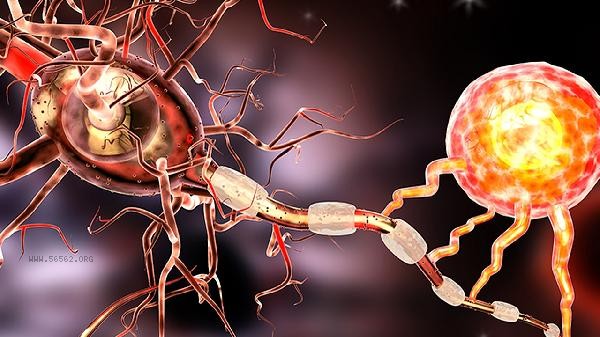Elevated monocytes usually do not require immediate medication, and the cause should be identified before targeted treatment. Mononucleosis may be caused by virus infection, tuberculosis, autoimmune disease, blood system disease or chronic inflammation.

1. Viral infection:
EB virus, cytomegalovirus and other infections often lead to increased monocyte reactivity. This type of situation is mainly treated with antiviral therapy, such as acyclovir, ganciclovir and other drugs, but should be used under the guidance of a doctor. At the same time, it is necessary to cooperate with rest and sufficient water intake, and usually recover on its own within 2-4 weeks.
2. tuberculosis:
Active tuberculosis will cause continuous increase of monocytes. The standard treatment plan includes the combination of isoniazid, rifampicin, pyrazinamide, and ethambutol, and requires strict adherence to a standardized course of treatment of at least 6 months. Regular monitoring of liver function and adverse drug reactions is required during treatment. 3. Autoimmune diseases: Diseases such as rheumatoid arthritis and systemic lupus erythematosus may be accompanied by an increase in monocytes. Common medications include immunomodulators such as methotrexate and leflunomide, and in severe cases, corticosteroids may be used. Individualized treatment plans should be developed based on specific conditions.
4. Hematological disorders:

Hematological disorders such as chronic myelomonocytic leukemia and myelodysplastic syndrome can lead to abnormal elevation of monocytes. Medications such as hydroxyurea and decitabine may be required, and in some cases, hematopoietic stem cell transplantation may be necessary. This type of disease requires specialized diagnosis and treatment in hematology. 3. Chronic inflammation: Persistent inflammation such as periodontitis and chronic sinusitis can also cause mild elevation of monocytes. The focus of treatment is to control the primary infection site, such as antibiotic treatment, periodontal basic treatment, etc. After controlling inflammation, the blood count can usually return to normal.
When an increase in monocytes is detected, it is recommended to first improve peripheral blood smears, inflammatory markers, virus serological tests, etc. to clarify the cause. Daily attention should be paid to maintaining a regular schedule, avoiding staying up late and overexertion. In terms of diet, it is advisable to increase the intake of fruits and vegetables rich in vitamin C, such as citrus and kiwi, as well as fish and eggs containing high-quality protein. Moderate exercise can help enhance immunity, but vigorous exercise should be avoided during the acute infection period. Regularly review changes in blood routine monitoring indicators and avoid self purchasing and taking medication.










Comments (0)
Leave a Comment
No comments yet
Be the first to share your thoughts!